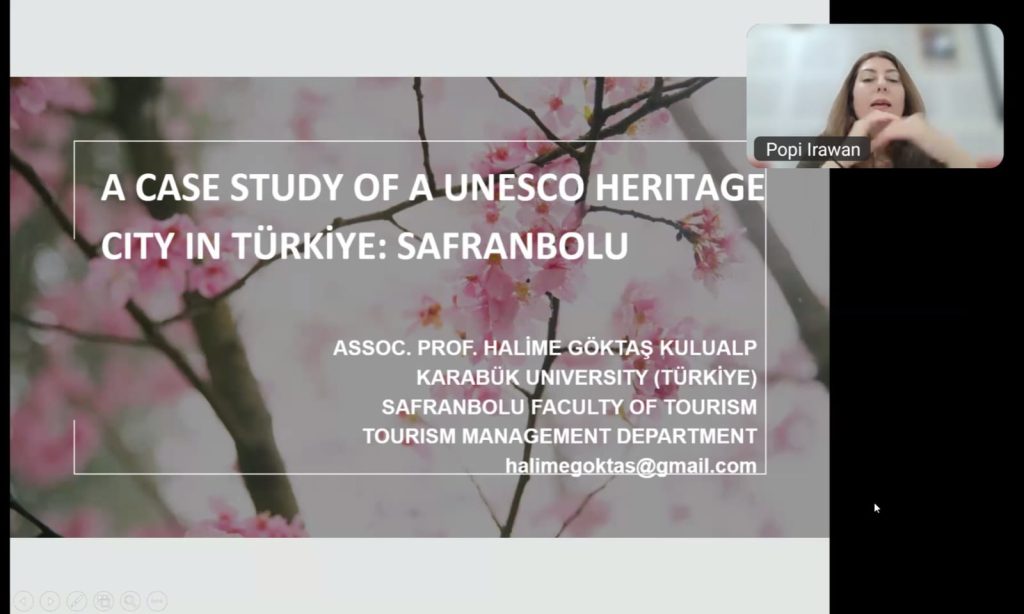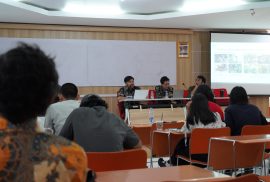On Friday (November 21, 2025), Prof. Dr. Pujo Semedi served as a panel discussant in the session “Monsters, Devils, and Survival: The Persistence of Plantations and People in the Scholarship of Pujo Semedi” at the 2025 Annual Meeting of the American Anthropological Association (AAA) in New Orleans, LA, supported by FULLBRIGHT funding through the Scholar in Residence Grant at the University of Colorado Boulder for Fall 2025. The panel was inspired by Pujo’s academic work on plantations, which investigates how colonial hegemony in its efforts to build capital accumulation by sacrificing human sociality has instead resulted in the loss of assets and weakened capacities for survival. In his presentation, Pujo invited participants to explore how non-human entities such as “ghosts” influence social and material relations within plantation environments.
Through ethnographic research in Kalimantan’s palm oil plantations, Java’s tea plantations, and Germany’s vineyards, Pujo argues that “ghosts” are understood as empirical and material realities by plantation communities. Although spiritual beings are not bound by physical laws or fixed forms, belief in them becomes a productive lens for ethical and emic understanding. Positioned within a strong postcolonial perspective, Pujo’s ideas are seen as important for advancing research on extraction and imperial accumulation in postcolonial nations. The panel, featuring Carla Jones and five PhD students from the University of Colorado Boulder, embodied efforts to decolonize knowledge, highlighting Pujo Semedi’s role in fostering cross-cultural academic collaboration.
Author: Penulis: Okky Chandra Baskoro








